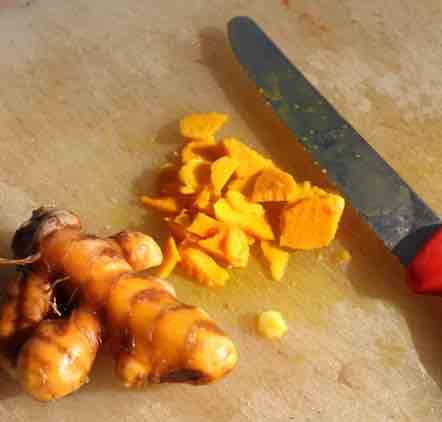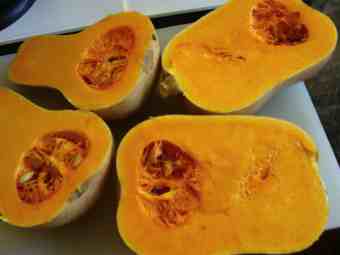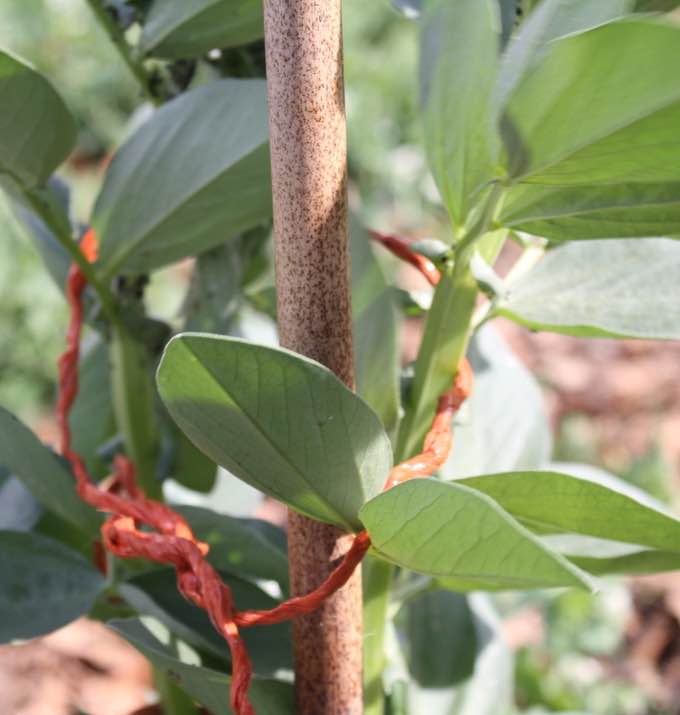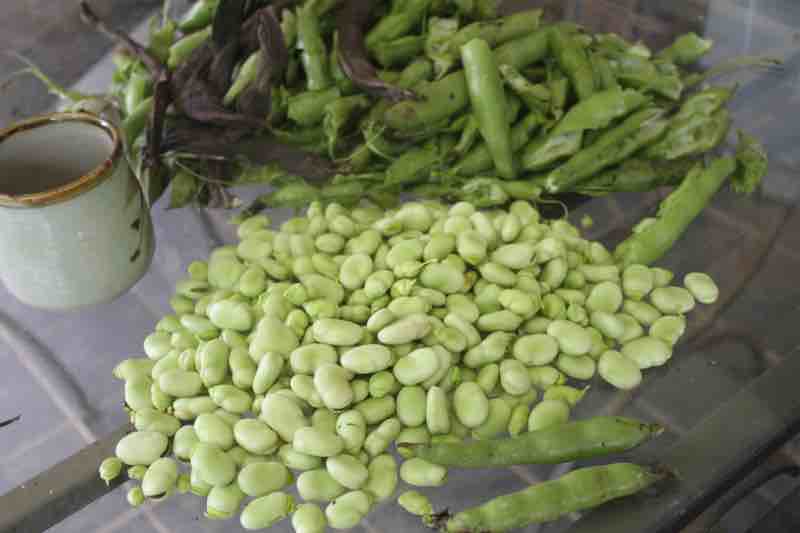- Homepage
- Brain foods
- Depression and Anxiety Associated With Glaucoma
Depression and anxiety associated with glaucoma
Depression and anxiety associated with glaucoma are very common; macular degeneration comes into the equation too. Could the L-dopa in broad beans play a role?
Researchers have found that patients suffering from glaucoma have a much higher rate of depression (35%) and anxiety (42 percent) than the general population; and that the prevalence of these two conditions far exceeds the mental illness prior to the onset of the eye disease.
Further testing revealed much poorer general physical and mental health than the overall population; and that it was frequently underdiagnosed by their GPs.
Quick guide
What is glaucoma?
A clear fluid known as the aqueous humor is produced by cells located behind the iris, the coloured part of the eye.
The cornea is the clear outer layer at the front of the eye.
Excess aqueous humor normally should drain through channels located where the iris and the cornea meet, the so-called anterior chamber or the "angle." If this doesn't happen for various reasons the pressure in the eye increases, damaging the optic nerve. It is one of the chief causes of blindness in the elderly but can occur at any age.
The frightening part is that glaucoma is often a silent disease with no warning signs or symptoms; the damage to the optic nerve is irreversible. Vision loss or blindness are inevitable.
There are no symptoms in the early stages.
Most forms of glaucoma can be readily detected during a routine examination by an optician.
Other causes of glaucoma
The optic nerve can also be damaged by disturbance of the blood flow to the eye. Diabetes and high blood pressure are common causes of inflammation of the inner lining of the capillaries known as the "intima."
It certainly can and will affect the eyes; diabetic retinopathy is a common cause of blindness, particularly in the presence of a diet deficient in vitamin A.
Certain eye drops also can cause glaucoma.
Dopamine and glaucoma
It's complicated science but the hormone dopamine also has a profound influence on ocular pressure; it is the most important "catecholamine" affecting the eye, and in fact the rest of the body. It is produced in a nucleus in the brain called the Substantia Nigra and in the gut. A deficiency is the cause of Parkinson's Disease (PD) and is involved in Macular Degeneration.
It came as a great surprise when it was discovered that PD patients given dopamine drugs were less likely to go blind.
There are certain dopamine receptors that raise the ocular pressure, some that lower it and the neurotransmitter has many other very important functions; controlling the development of myopia, pupil constriction and coordinating eye movements.
In short the influence of dopamine on the development and health of the eye is extremely complex.
Dopamine is the "happy hormone"
Dopamine has a profound influence all over the body including the pleasure pathways. It's known in popular jargon as the "happy hormone;" on depression and anxiety.
It's influence on the development of blindness from adult-onset macular degeneration is profoundly important too; and we can assume on glaucoma. However certain medications for patients suffering from Parkinson's Disease may increase the pressure in the aqueous humor.
Fava beans as a source of dopamine
Fava beans are the only foodstuff that contains pharmaceutical quantities of both levo and carbidopa. Research shows that roughly two-thirds of patients suffering from Parkinson's Disease would be better managed with daily consumption of these legumes than with drugs that can affect the gait negatively.
Could the dopamine precursors found in fava beans also have an influence on the depression and anxiety associated with glaucoma?
"Many of us crucify ourselves between two thieves: Regret for the Past and Fear of the Future."
- Charles Fulton Oursler
Vitamin A, beta-carotene and glaucoma
 Turmeric is a rich source of beta-carotene
Turmeric is a rich source of beta-caroteneThere are some conflicting reports but several systematic reviews and meta-analyses suggest that dietary vitamin A intake can reduce the risk of glaucoma[4].
Beta-carotene is the precursor of plant sources of vitamin A. It is richly found in many fruits and vegetables but research indicates that those eating typical grocery store food are frequently deficient.
A large number of studies have shown the role that beta-carotene and consequently vitamin A plays in reducing oxidative stress in the trabecular meshwork that should normally drain excess fluid from the eye.

The material expressed on this page is gleaned from the nutritional and environmental literature; it is clearly referenced. A plain distinction is made between the author's opinion and that which is scientifically proven. When in doubt consult your health professional.
To suggest a correction or clarification, write to Dr Bernard Preston here. Contact.
Depression and anxiety associated with glaucoma
No research has been done on the influence of fava bean consumption on the pressure within the eye; it is likely that there will be a beneficial effect but it would be wise for patients wanting to grow and consume fava beans to undergo more regular testing of their glaucoma.
Favas also known as faba beans would certainly benefit the depression and anxiety associated with glaucoma.
Let your food be your medicine
The consumption of wide variety of coloured meals including butternut, turmeric and broad beans is simply a reflection of the sage advice of the ages; let your food be your medicine both as prevention and treatment.
"Let thy food be thy medicine, and medicine be thy food."
Hippocrates (460 - 370 BC)
Growing fava beans in the home garden
Those suffering from depression and anxiety, whether associated with glaucoma or not would benefit from growing fava beans in their own gardens. They are not difficult to produce but they are finicky requiring staking and constant attention to support using twine; they shoot up very quickly.
Fava, faba and broad beans are one and the same legume.
 The pods are prolific and very heavy and may break the stems
The pods are prolific and very heavy and may break the stemsThere are two distinct varieties of broad beans, one that grows very fast in summer and another which is slower in colder areas during the winter.
They are prone to a fungus known as chocolate spot disease in hot, wet summers; and to "black fly" aphids. They have a shallow rooting system requiring irrigation in dry weather.
Broad beans have a particularly good amino acid profile, some reports describing them as a "complete" protein. They are particularly effective in capturing nitrogen from the atomosphere with the help of certain species of rhizobia on their roots; providing not only for these pulses themselves but also for subsequent crops.
They have one great difficulty for commercial growers; old and starchy they are most unpleasant and really should be consumed on the day they are harvested. They are thus ideal for the home gardener. They can easily be blanched and frozen for year-round consumption.
 Broad beans are prolific; an enormous yield of excellent protein.
Broad beans are prolific; an enormous yield of excellent protein.Depression and anxiety associated with glaucoma
Patients suffering from the depression and anxiety associated with glaucoma should consider growing broad beans rich in the "happy hormone;" the dopamine may have benefits for raised ocular pressure but regular testing is advised initially.
Researchers are discovering there is a "hidden psychological burden" associated with glaucoma[1].
The Keto Diet and depression
It is estimated that 8% of adults and nearly a third of college-aged students enjoying typical grocery store food suffer from a Major Depressive Disorder.
After three months on a Keto Diet, together with medication or counseling, 70% showed a decrease in symptoms and better performance on cognitive tests[5].
The "Well-Formulated Keto Diet" simply limited carbs to under 50 grams per day. No distinction is made whether they are whole foods or ultrarefined; neither are allowed. Starchy vegetables such as broad beans would be discouraged.
Further research needs to be done how on how depressed humans would respond to larger amounts of whole carbs and especially including broad beans; that would not take the patient into ketosis which is associated with a higher risk of cancer.
1 cup of broad beans (roughly 75 mixed sizes) weighing 150 grams contains about 25g of carbs.
- Psychological comorbidity in glaucoma: prevalence and impact of anxiety and depression
- Fava Beans: Dopamine, Depression and Parkinson Disease
- Faba Bean: An Untapped Source of Quality Plant Proteins and Bioactives
- Potential benefits of vitamin A and its derivatives in glaucoma
- A pilot study examining a ketogenic diet as an adjunct therapy in college students with major depressive disorder
When browsing use right click and "Open Link in New Tab" or you may get a bad gateway signal.
Newsletter
Our newsletter is entitled "create a cyan zone" at your home, preserving both yourself and Mother Earth for future generations; and the family too, of course. We promise not to spam you with daily emails promoting various products. You may get an occasional nudge to buy one of my books.
Here are the back issues.
- Lifestyle and ideal body weight
- What are ultra-processed foods?
- Investing in long-term health
- Diseases from plastic exposure
- Intensive lifestyle management for obesity has limited value
- A world largely devoid of Parkinson's Disease
- The impact of friendly bacteria in the tum on the prevention of cancer
- There's a hole in the bucket
- Everyone is talking about weight loss drugs
- Pull the sweet tooth
- If you suffer from heartburn plant a susu
- Refined maize meal and stunting
- Should agriculture and industry get priority for water and electricity?
- Nature is calling
- Mill your own flour
- Bake your own sourdough bread
- Microplastics from our water
- Alternative types of water storage
- Wear your clothes out
- Comfort foods
- Create a bee-friendly environment
- Go to bed slightly hungry
- Keep bees
- Blue zone folk are religious
- Reduce plastic waste
- Family is important
- What can go in compost?
- Grow broad beans for longevity
- Harvest and store sunshine
- Blue zone exercise
- Harvest and store your rainwater
- Create a cyan zone at your home
Did you find this page interesting? How about forwarding it to a friendly book or food junkie? Better still, a social media tick would help.
- Homepage
- Brain foods
- Depression and Anxiety Associated With Glaucoma
Address:
56 Groenekloof Rd,
Hilton, KZN
South Africa
Website:
https://www.bernard-preston.com